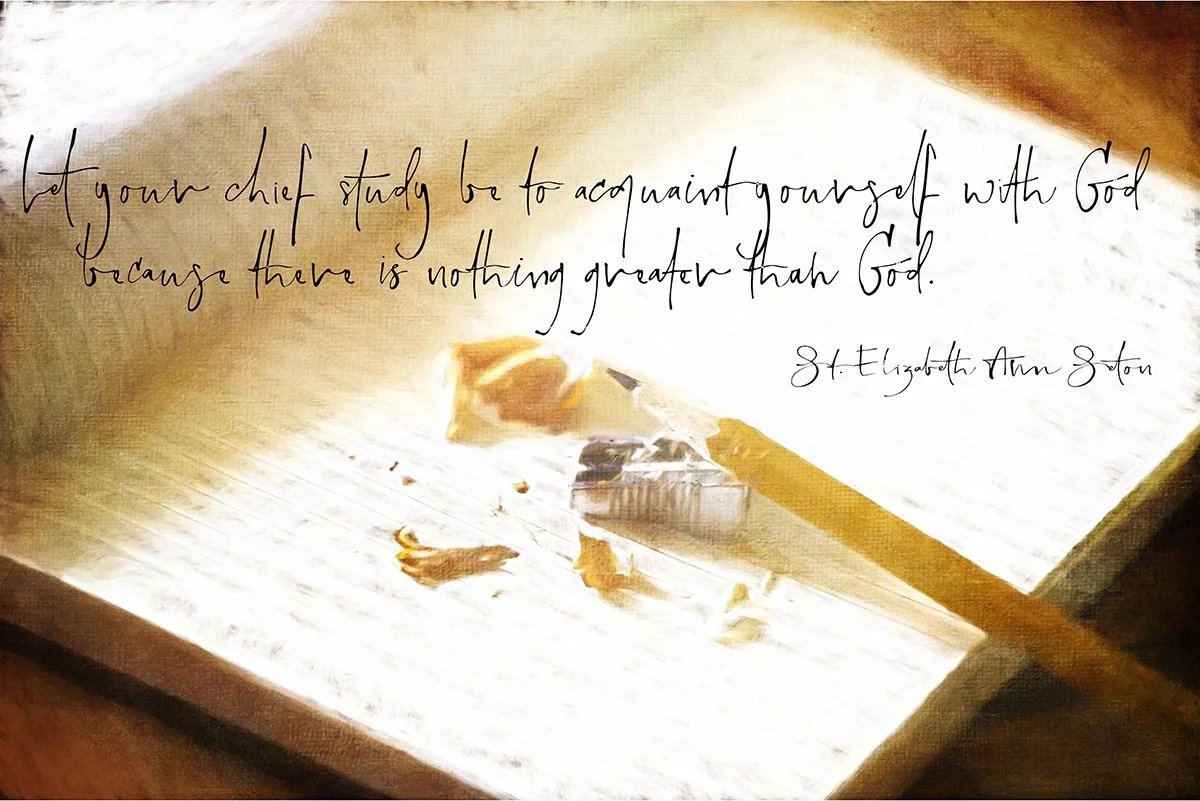To Journal or Not to Journal
It is often said that we can understand ourselves better by writing down what we think and believe. Or what we believe we think. Or what we think we might believe. I have always loved journals, I own many. Some are well used and have been lived in. Others are left spotlessly blank, and are attractive bookcase ornaments, that remind me how much I love journals and journaling. They seem just too pretty to ink up with transient thoughts and musings. They require profound insights and conclusions, preferably written in good penmanship, with quality ink. They remain empty, which I worry is a tragic fate for a journal.
I’ve heard that the only truly suitable journal is a cheap one; nothing fancy, so that the writer feels free to scribble with abandon, whenever and however the creative spirit demands. It should be stamped with coffee cup circle stains, have creases and folds: all the tell-tale signs of a working writer, who puts craft and process first, and who is unencumbered by a ruthless, interior editor who scoffs at the first chance. The journal should be a workshop space, where messes are made in the midst of many attempts.
St. Teresa of Avila wrote, in the introductory lines of her masterpiece, The Interior Castle [c.1577], that she really didn’t want to write the book at all. Those were basically her first words! She says:
“Few tasks which I have been commanded to undertake by obedience have been so difficult as this present one of writing about matters relating to prayer: for one reason, because I do not feel that the Lord has given me either the spirituality, or the desire for it; for another, because for the last three months I have been suffering from such noises and weakness in the head that I find it troublesome to write even about necessary business.”
Then she proceeded to write one of the greatest books on mystical theology in human history. Her process was simply to write, as thoughts came to her, with the hope that she could manage to record something useful for the nuns under her care. She insisted that if there were to be anything of any value in her book, it was certainly not from her. It would be from the Lord alone.
Writing helps us to learn, to examine, to reflect. Journaling is a type of writing that invites the interior world of the mind, and the heart, to be expressed within what should be a safe place, one of light and recollection: the pages of a journal. Writing with a pencil or pen, on paper, feels intimate and human. If God created us in His own image, then this must be a very good thing: to feel the hand move across the paper, leaving lines of words that join mind with matter in a direct and tangible way. We are then connected to all those who have come before us, who also sat at desks of some sort, hunched over ink and parchment; and who suffered the same frustrations and uncertainties, and the same joys and satisfactions, when something of value mysteriously materialized, as though dropped onto the page from above.
Can journalling assist with prayer? I think so. Sometimes, at least. But sometimes it might be a distraction, a way to evade listening to the Lord, and instead chatter away with our thoughts: dialogue with ourselves in the cramped recesses of our minds, letting little streams of consciousness pour forth and create an unhelpful flood.
St. Teresa had her own thoughts when it came to her nuns using prayer journals, as records of their spiritual life:
“It is not only a waste of time; it interferes with the soul’s freedom of action; and then, too, it may lead the nuns to imagine all kinds of things … If their [spiritual] experiences are of any substance, they will never forget them; and if they are of a kind that can be forgotten, there is no point in writing them down. … I know what a bad thing it is for them to keep thinking of what they are going to write … Believe me, the best thing for the nuns to do is to praise the Lord Who gives these things, and, as soon as they are over, just let them be.” (1)
St. Elizabeth Ann Seton said: Let your chief study be to acquaint yourself with God because there is nothing greater than God.
Maybe journalling should be in the service of this primary and fundamental mission: to know God, to love Him, and to serve Him. When my intellect and will are centered wholly on Him, and not on my small self and shifting concerns, then my scribblings might yet yield fruit.
(1) Reference: St. Teresa of Avila, Letter 223, to Maria de San Jose, c. 1576
